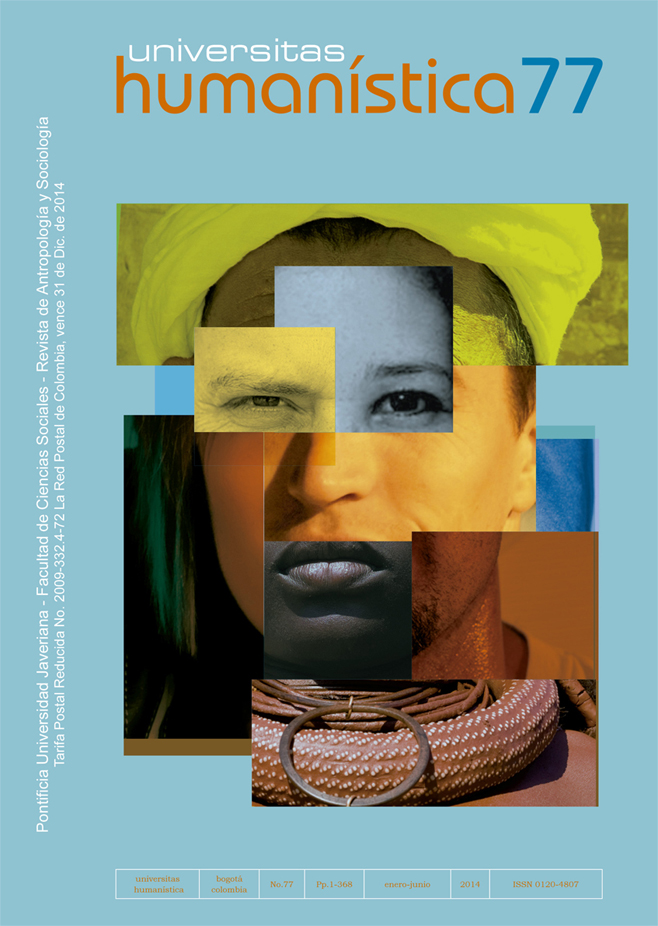Resumen
Este artigo reflete e discute resultados parciais de uma investigação exploratória realizada nas cidades irmãs de Cachoeira e São Félix, no estado brasileiro da Bahia. Tal exploração fez parte de um esforço multicêntrico de pesquisa coordenado pela Fundação Joaquim Nabuco (FUNDAJ), órgão federal de pesquisa sediado no Recife, em Pernambuco, Brasil. O projeto de pesquisa “Transmissibilidade Intergeracional: Pobreza e Desigualdade Racial: visões e percepções”, coordenado pela FUNDAJ, visava explorar em seis estados do Nordeste brasileiro (a região mais pobre e mais negra do país), de uma perspectiva qualitativa, atenta aos significados socialmente produzidos, variações das expectativas sobre educação para pais e filhos, controlando-se raça/cor. Os resultados preliminares indicam que as dimensões de gênero devem ser consideradas seriamente para interrogar a formação das identidades raciais em contextos populares e, principalmente, a relação dos jovens com a escola.

La revista Universitas Humanística se encuentra registrada bajo la licencia Creative Commons Reconocimiento 4.0 Internacional. Por lo tanto, esta obra se puede reproducir, distribuir y comunicar públicamente en formato digital, siempre que se reconozca el nombre de los autores y a la Pontificia Universidad Javeriana. Se permite citar, adaptar, transformar, autoarchivar, republicar y crear a partir del material, para cualquier finalidad (incluso comercial), siempre que se reconozca adecuadamente la autoría, se proporcione un enlace a la obra original y se indique si se han realizado cambios. La Pontificia Universidad Javeriana no retiene los derechos sobre las obras publicadas y los contenidos son responsabilidad exclusiva de los autores, quienes conservan sus derechos morales, intelectuales, de privacidad y publicidad.
El aval sobre la intervención de la obra (revisión, corrección de estilo, traducción, diagramación) y su posterior divulgación se otorga mediante una licencia de uso y no a través de una cesión de derechos, lo que representa que la revista y la Pontificia Universidad Javeriana se eximen de cualquier responsabilidad que se pueda derivar de una mala práctica ética por parte de los autores. En consecuencia de la protección brindada por la licencia de uso, la revista no se encuentra en la obligación de publicar retractaciones o modificar la información ya publicada, a no ser que la errata surja del proceso de gestión editorial. La publicación de contenidos en esta revista no representa regalías para los contribuyentes.


